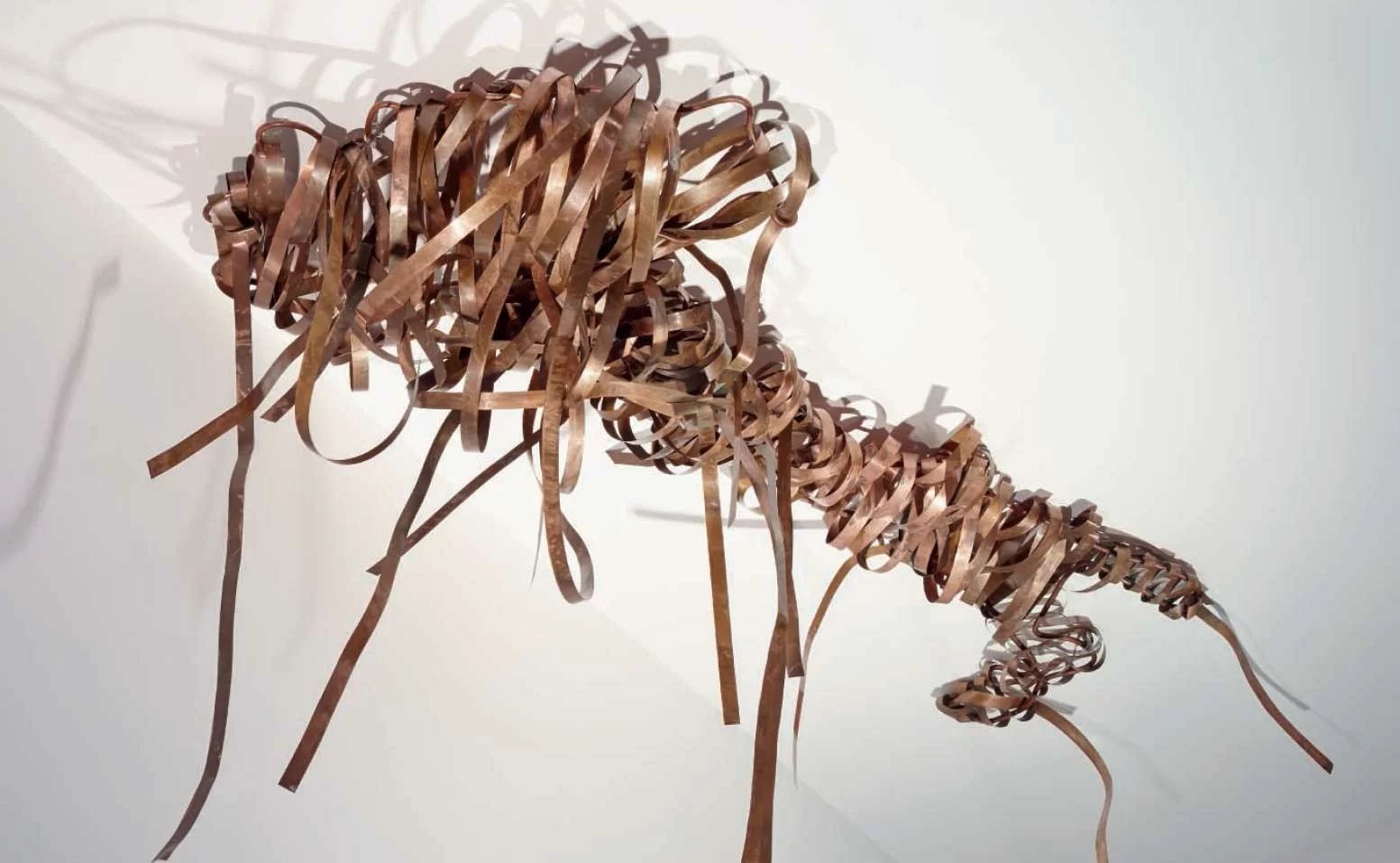Analysis
Giorgia Meloni’s lonely power as ‘first among equals’
Not only has the prime minister not “promoted” or “coordinated” the work of her ministers, but she kept them in the dark.

“The President of the Council shall conduct the general policy of the Government and shall be responsible for it. The President of the Council shall ensure the coherence of political and administrative policies, by promoting and coordinating the activities of the Ministers.” This is the role of the Prime Minister according to the Italian Constitution, not that of a “head” of the government. The role is that of a “first among equals,” according to the well-known formula intended to ward off the excesses of power that have turned into tragedy in Italian history.
Giorgia Meloni, like her all-male predecessors, is not in fact a “premier,” except for those of us who put out newspapers and have to fight every day for space in the headlines. Nevertheless, she is acting like one and everyone is letting her act as such, even though her constitutional revolution, the “premierate,” has been languishing in the Senate for seven months, almost forgotten. It is already being implemented in substance without needing to be approved in form.
Not only has the prime minister not “promoted” or “coordinated” the work of her ministers, but she kept them in the dark when she decided to go personally across the ocean to Trump's home, asking for permission to try to free Cecilia Sala. At the cost of spending some time with the conspiracist blowhard, she brought home permission to pursue the national interest – hopefully effectively, as we will see. In any case, she has already claimed a “personal success,” with an emphasis on “personal.”
The fact that Giorgia Meloni has little trust in her allies was hardly a secret, even before she started sneaking around so as not to be discovered by them or to deal them a blow on the spot. It is well known that whenever she has to choose someone for an office, she starts by looking first at her relatives, then at her close friends. Often it all ends with the highly trusted person she chooses embarrassing her later on, and that is precisely the risk of “personal” choices that are never filtered through debate. Whenever there is a problem – and there are problems all the time – the Prime Minister's solution is always to centralize. This has been true for everything: the secret services, the amendments to the budget law, the “control room” for the NRRP, or the election of constitutional judges (with her infamous “you are all summoned”): everything is decided at Palazzo Chigi and among a small inner circle.
Then, when the solution turns out to be wrong, which also happens all the time – if, for example, a crisis opens up at the top of the security services after the news that an Italian journalist has been taken hostage in Iran, or if entire key sectors (schools, hospitals, local transportation) are found to be lacking the resources they need to move forward, or if the actual investments of NRRP funds are at a standstill at 26 percent after 70 percent of the time available has already passed, or if no agreement can be reached on the election of judges and the Constitutional Court risks being paralyzed – the blame never falls on her “personal,” i.e., private, approach, but on those who don’t accept it or refuse to comply. Or on those who simply point out its limitations, which are already very obvious.
Giorgia Meloni's weakness, whose negative effects are visible at the same time as the congratulations (and self-congratulations) for her successes, lies precisely in this limitation she had from the start, which she has never corrected even though we are almost halfway through her term in office. The siege mentality, which she first applied to the opposition, then to part of her majority, then to her whole majority, is now also applied to her own party and to the collaborators she has personally chosen.
This is a weakness being passed off as strength, which the constitutional reform of the premierate could only set in stone, handing her full powers but certainly not the ability to use them wisely. It would be an “absolute premierate,” in the words of a great jurist who fought against reforms not too different from those that Meloni is seeking. This is a troubling prospect, both in the sense of an all-powerful premier as envisioned in the reform, and even more so in its literal meaning of a premierate absolved of any constraints, or ties. A solitary figure, like the one we already have.
Originally published at https://ilmanifesto.it/potere-solitario-il-premierato-e-gia-tra-noi on 2025-01-08
